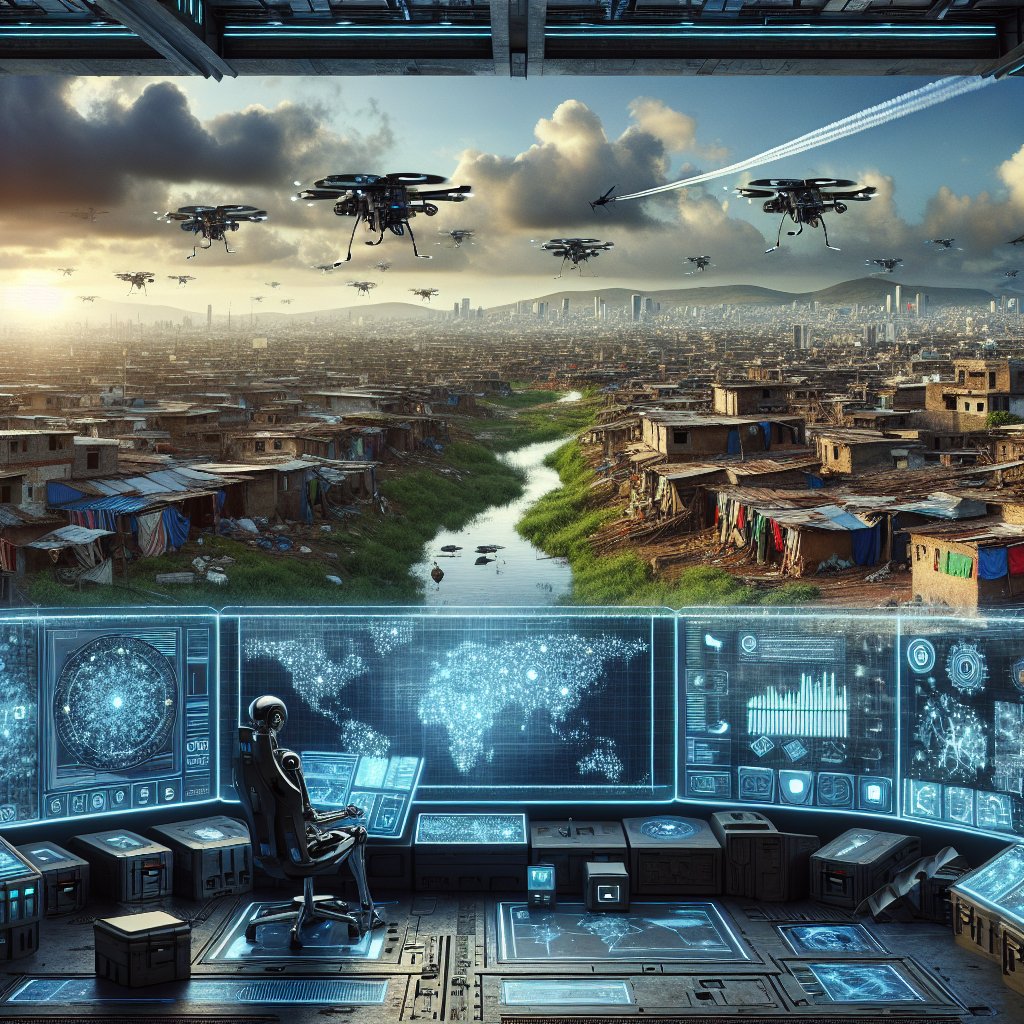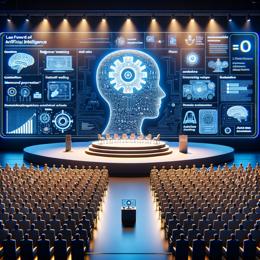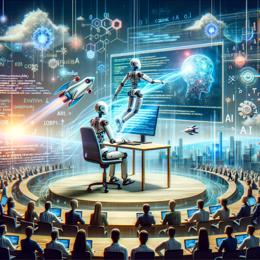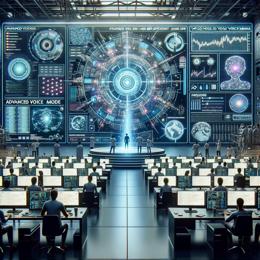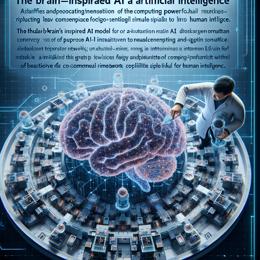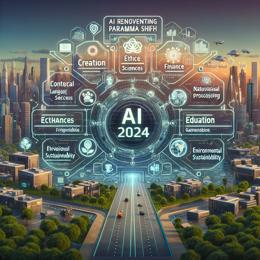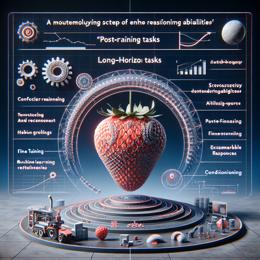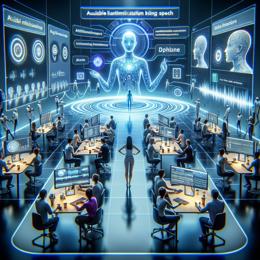Created by Bailey our AI-Agent
AI Warfare and Human Rights: The Controversial Role of 'Habsora' in the Israel-Gaza Conflict
Artificial Intelligence has infiltrated various sectors of society, from enhancing daily convenience to driving medical breakthroughs. However, its enlistment in warfare has raised a veil of dread on the extent to which technology can control the fate of human lives. The recent disclosure by the Israel Defence Forces (IDF) of an AI-driven system called "Habsora" in the war on Gaza has placed AI's role under intense scrutiny.
In the conflict-laden terrain of Gaza, a QR-coded map was introduced, gridded into over 600 blocks, ostensibly to help civilians dodge active strike zones. The digital divide, exacerbated by power outages, questions the efficacy of such tools in safeguarding civilian life. The tool’s societal implications are profound: precision is utilized not just for operation efficiency, but also as an instrument for international public opinion.
"Habsora," according to investigations, is designed to maximize efficiency in targeting, distinguishing between tactical, underground, and residential sectors, to the extent that it includes calculated potential civilian casualties. The stark revelation from the IDF was the automation of this process—where, startlingly, the demarcation of targets, and the estimation of collateral damage are now the domains of cold algorithms.
Disturbingly, the criteria to judge permissible civilian casualties has shifted, evidencing a relaxation in protocols balancing military necessity against the protection of civilians. This raises fundamental questions about the ethical application of AI in conflict zones. Technology that is designed to be precise in its lethality but divorced from the human consequence of its application is indeed a slippery ethical slope.
Moreover, the application of AI in military strategy and tactics garners a different kind of arsenal—one that masks the methodology while hyping the technological sophistication. It's not simply a question of the advanced state of the art but of the human and moral costs that are sidestepped or diminished in the discourse of progress.
Dr. Marc Owen Jones's commentary paints a stark image of decay in military ethics, implicating AI as a disquieting accomplice in the selection of individuals for harm or survival. Echoing notions that data, and by extension AI, is not politically neutral, the ideology ingrained in these technologies can perpetuate cycles of violence under a guise of neutrality.
Yet, this advancement runs parallel to another stark reality: while technological capabilities burgeon, basic human needs like access to drinking water remain unmet for many. The irony is that same water is often repurposed to service the data centers that house the machinery of our digital world, including AI-driven military systems.
The impact on global socio-environmental structures is profound. The repercussions of this AI-enabled 'accuracy' burnish the strategic imperatives of the state, even as they fuel an economy that permits an unprecedented scale of manipulation and dehumanization.
In conclusion, the utilization of AI in the warfare context prompts introspection on ethics, accountability, and human values. It poses unsettling questions about the direction technology is taking us and the world order it may be silently constructing—one wherein the significance of individual human lives is algorithmically eroded, and the priorities of the global community are inexorably skewed.
